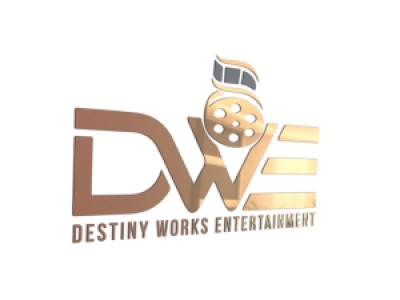Description
Vocal Characteristics
Language
EnglishVoice Age
Child (5-12)Accents
North American (General)Transcript
Note: Transcripts are generated using speech recognition software and may contain errors.
unsung heroes, heroes here, what your country can do for you, what you can do at the well watch. This is in data dressed for the humans. Waken do that because that is what the struggle was for some for printed, their fortunes and their sacrifice. There is nothing wrong with that cannot be cured by what is right with America way. The date was August 28th 1963 a day of liberation for blacks all across this nation. For on this date, nearly 1/4 of a 1,000,000 people converged on toe Washington D. C. For what would be the greatest civil rights demonstration in our nation's history. But the undoubted hero of this event was a Southern preacher by the name of Dr Martin Luther King Jr Iran. But there was another hero, an unsung hero. Ah, man, who by many was called the chief organizer of the march on Washington. He was also an important activist, working largely behind the scenes in the civil rights movement of the 19 sixties. His name? Buy it rusted Hello, I'm David Jacobs. And welcome to this, our debut of unsung heroes. On this broadcast, we celebrate heroes, but the unsung heroes, those names you may never have heard of, people you may never seen. They've always been there, holding the torch for peace and justice for all. Our first unsung hero has done just that. His name was buyers. Rusted, a civil rights activist in the 19 sixties. Buy it Rusted was born in West Chester, Pennsylvania. He was raised by his maternal grand parents. His grandparent's were also members of the end of Les CP, where leaders such as W. E. B. Du Bois and James Weldon Johnson were frequent guest in the rust in the home with these influences in his early life in his youth, Rustin campaigned against the racially discriminatory Jim Crow laws in 1932 Rust and enter Wilberforce University, a historically black college in Ohio operated by the A M E Church. As a student at Wilberforce, Rustin was active in a number of campus organizations. He left Wilberforce in 1936 before taking a standard exam. He later attended Cheyney State Teachers College after completing an activist training program conducted by the American Friends Service Committee. Rust and moved to Harlem in 1937 and begin studying at City College of New York. There he became involved in efforts to defend and free the Scottsboro Boys, nine young black men in Alabama who were accused of raping two white women. He joined the Young Communist League in 1936. Soon after coming to New York City, he became a member of the 15 street meeting of the Religious Society of Friends Quakers. Rustin was an accomplished terror and vocalist, which also earned him scholarships to many of the schools he attended. Buy it. Rustin arrived in Montgomery, Alabama, February of 1956 amidst Dr Martin Luther King's campaign to end segregation on the public transportation system there, at age 44 Rustin had already organized numerous campaigns in the past, but it was here doing them a gun re bus boycott that he began to counsel Martin Luther King Jr on the techniques of nonviolent resistance is the boycott. Rustin and King developed a very close working relationship, and it's buyer did Rustin, who draws up the original plans for what becomes the Southern Christian Leadership Conference between 1956 and 1960. Rustin very consciously strategizes how to give Martin Luther King a national profile as a leader on King has the opportunity to address a national audience and be catapulted into the media. Do you understand that that is a new ***** in the South?
